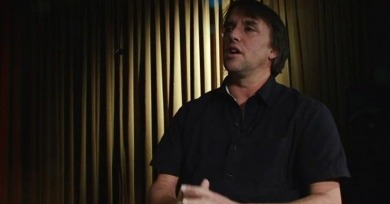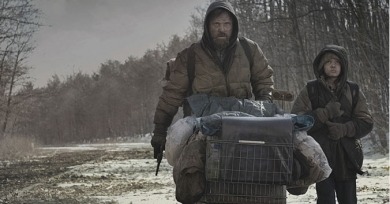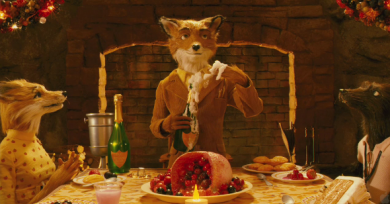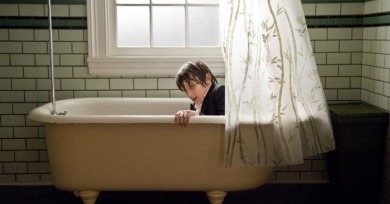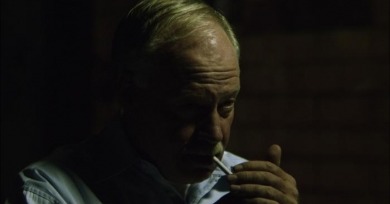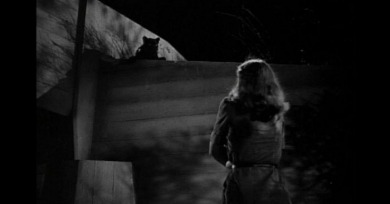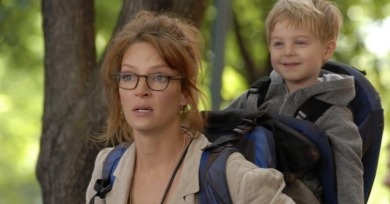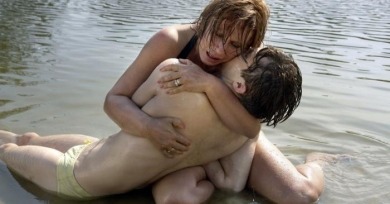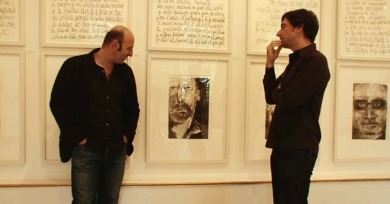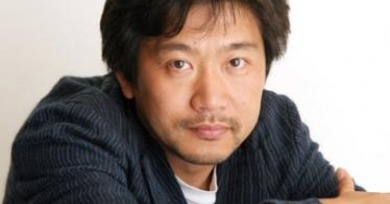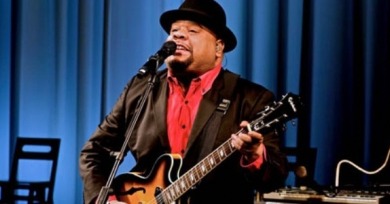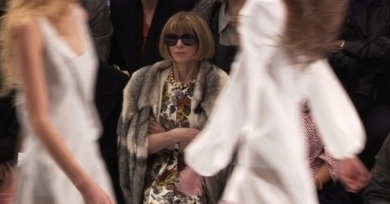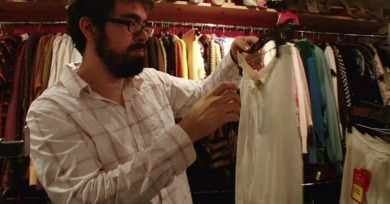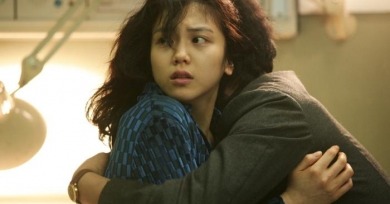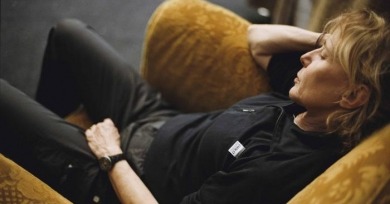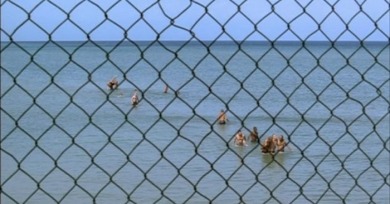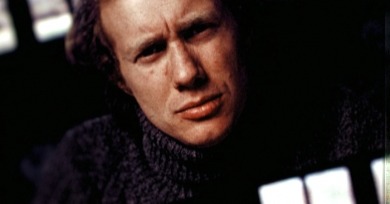Jeff Reichert
Richard Linklater (School of Rock, Slacker) talks to host Eric Hynes about Orson Welles, idealism v. cynicism, and his grade school production of "Julius Caesar."
Fans of Cormac McCarthy’s The Road—and it’s surprising there are many, considering it’s such a sparse, bleakly unsettling work—will surely find much to like in John Hillcoat’s screen version.
The filmmaker’s Before Sunrise/Sunset diptych may be considered his archetypal works, but in focusing on just two characters they’re atypical: few American filmmakers are as fully invested in teasing out the character of communities, and his films are always full of well-balanced personages.
Acclaimed filmmaker Pedro Almodóvar (Talk to Her, All About My Mother) talks with host Eric Hynes about his love for words, close-ups, Ingmar Bergman, and endings.
There are few American filmmakers currently working who are more fastidious about composition than Wes Anderson, and in a sense he has been making animated films all along.
In reality, what should be said of The Box, especially in the wake of Southland Tales, is that when it comes to Richard Kelly there’s no there there, and likely never was.
Chris Smith’s often unnerving documentary Collapse arrives as something of a minor key paranoiac balm. Based on real events and plausible conjectures, its world crisis feels terribly immediate.
A Few Great Pumpkins
The Leopard Man, Onibaba, Paranormal Activity, The Uninvited, La Cabina, Witchfinder General, Fantasia
“What Does Motherhood Mean to Me?” wonders Eliza, Uma Thurman’s harried West Village mother of two, as she works her way through a day of tough city living in Katherine Dieckmann’s Motherhood.
For his part, Wajda sits back and doesn’t disrupt focus or tone by moving the camera closer to his actress for easy emotional effect.
Host Eric Hynes wanders the halls with director Cedric Klapisch (L'Auberge espagnole, Paris) at the French Cultural Embassy in New York, chatting about Juliette Binoche, city life, and the art of cliché.
"In Japanese society dead people have a different sort of presence; if you’ve done something bad, you might say, “Oh, I can’t face my ancestors.” Japanese people are very aware and conscious of the presence and effect of dead people in their everyday lives."
Need it be said that The September Issue would likely not exist if not for The Devil Wears Prada?
Eric Hynes chats with Andrew Bujalski (Beeswax) about his indie-film dramas at a vintage-clothing store in Manhattan.
Park’s latest, Thirst, is a vampire film, coming at a time when consumers seem at peak hunger for such things. This savvy befits a filmmaker who populates his movies with Xtreme incident to maintain outsider cachet, while still slavishly remaining in thrall to convention and trend.
For a filmmaker like Claire Denis, who traffics less in incident than in fleeting instants, less in the familiar comforts of story than in the ever-mounting pleasures of seduction, cinema is marked by slipperiness.
Host Eric Hynes chats with Duck Season and Lake Tahoe director Fernando Eimbcke about the pleasures of sound, static compositions, and black frames while trying to find the perfect shooting location within New York’s Chelsea Piers.
Denis’s narrative doesn’t move forward so much as drift along, punctuated by the semblance of eventfulness that never really coheres in a standard teleological sense.
Olch is lucky in that his subject was a talented filmmaker—instead of shaky, unfocused home video footage of the lowest quality, Rogers’s archives include some beautiful imagery.
